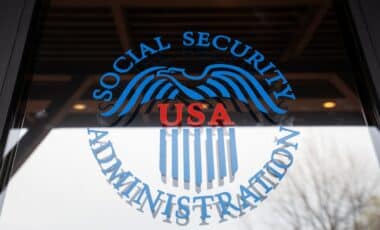The FICA tax, which stands for Federal Insurance Contributions Act, is a mandatory payroll tax that funds two crucial government programs: Social Security and Medicare. These programs are designed to provide financial stability and healthcare services to retirees, individuals with disabilities, and others in need of support. For every paycheck you receive, a portion is allocated to these funds, ensuring that the system can continue to benefit both current and future generations.
Understanding how the FICA tax works is essential, not just because it affects your paycheck, but also because it is an investment in your financial future and health coverage.
FICA Tax Is Allocated
The money deducted for FICA is split between two primary programs:
- Social Security (6.2%)
- This portion is directed toward a fund that provides monthly income to retirees, people with disabilities, and the dependents of deceased workers.
- There is a cap on taxable income for Social Security contributions, which is adjusted annually.
- Medicare (1.45%)
- This funds healthcare services for people over 65 and certain individuals with disabilities.
Additionally, workers who earn more than $200,000 annually (or $250,000 for married couples filing jointly) are subject to an extra 0.9% Medicare tax on income above these thresholds.
In total, employees contribute 7.65% of their gross income, and employers match this amount. For self-employed individuals, the total contribution is 15.3%, covering both the employee and employer portions. However, self-employed workers can deduct the employer-equivalent share from their taxable income, easing some of the burden.
Exemptions from FICA Tax
While most workers in the U.S. are required to pay FICA taxes, there are some exceptions:
- Students working for their educational institution are typically exempt.
- Individuals employed by foreign governments or certain international organizations may not be required to pay.
- Certain religious groups can request exemptions based on their beliefs.
These exceptions are rare, and the majority of American workers contribute to FICA throughout their careers.
Why FICA Is Essential
While the FICA tax can feel like a reduction in your take-home pay, it serves a greater purpose. Social Security provides millions of Americans with financial support during retirement, ensuring they have a steady income after leaving the workforce. Additionally, Medicare offers essential healthcare services to seniors and individuals with disabilities, helping them access the medical care they need without financial ruin.
FICA is not merely a tax; it is a collective investment in societal well-being. It ensures a safety net for the most vulnerable, while also securing your own future. By participating in this system, you contribute to a network of support that benefits millions of people every day. Ultimately, FICA represents more than just a payroll deduction—it is a shared responsibility that strengthens the foundation of American society.









